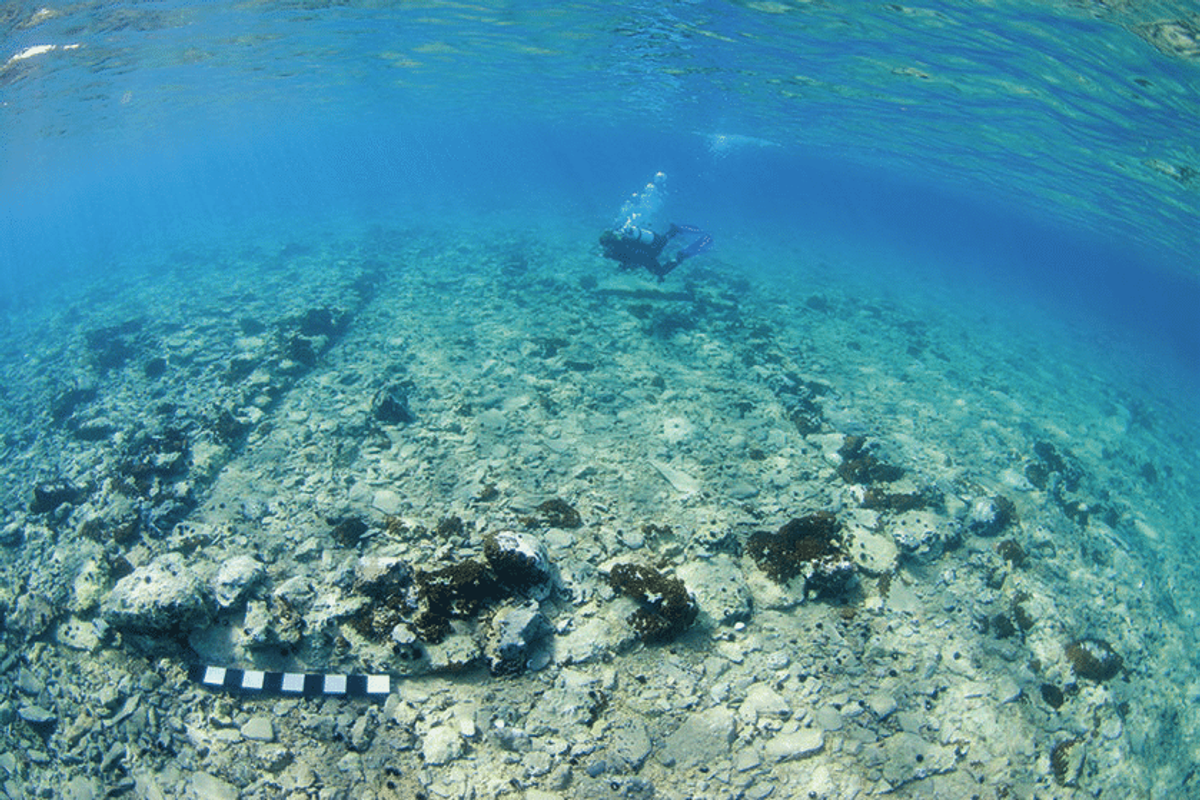It's significantly older than its mythical equivalent.
Pavlopetri is believed to be approximately 5,000 years old, but it remained unbeknownst until the 20th Century, and specialists are still unraveling its mysteries and unearthing its treasures.
In an area to the south of the Peloponnese in 1904, a geologist named Folkion Negris made the discovery.
However, it wasn't extensively examined until 1967, when Nicholas Fleming, of the Institute of Oceanography at the University of Southampton, discovered the site once again.
reports.
The researchers then mapped out the ancient town, which boasted at least 15 separate structures, along with courtyards, streets and tombs.
They also discovered various relics from the seabed, encompassing pottery, blades and a small bronze statue which they estimated to be between 2,800 and 1,180 BC. Nevertheless, the buildings of the town itself were found to date back approximately to 1,650 to 1,180 BC.

You might think that the uncovering of a hidden city lost beneath the ocean's surface would cause a lot of excitement. However, it was actually another 40 years before the Pavlopetri site gained further interest.
In 2009, an international team of experts from the Underwater Antiquities Department of the Greek Ministry of Culture, the Hellenic Centre for Maritime Research, and the University of Nottingham started a five-year project to excavate and explore the town in detail.
notes.
They also discovered ceramics that confirmed the city existed during the Mycenaean period - the last phase of the Bronze Age in ancient Greece. This suggests it had been inhabited from around 3000 BCE up to 1100 BC, at which time it's believed to have had a population of around 500 to 2,000 people.
What ultimately caused Pavlopetri to sink remains a mystery. However, some experts speculate that it could have been a result of an earthquake that took place either approximately 1000 BC or 375 AD.
has enthusiastically proposed that Pavlopetri was the genuine source of inspiration for the sparkly "lost" continent that still captivates our imagination today.
Sign up Sorry, but there is no text provided for me to paraphrase.
How to join The Indy 100's free WhatsApp channel
Have your say in our news democracy. Share your thoughts on this story in the Comments.
